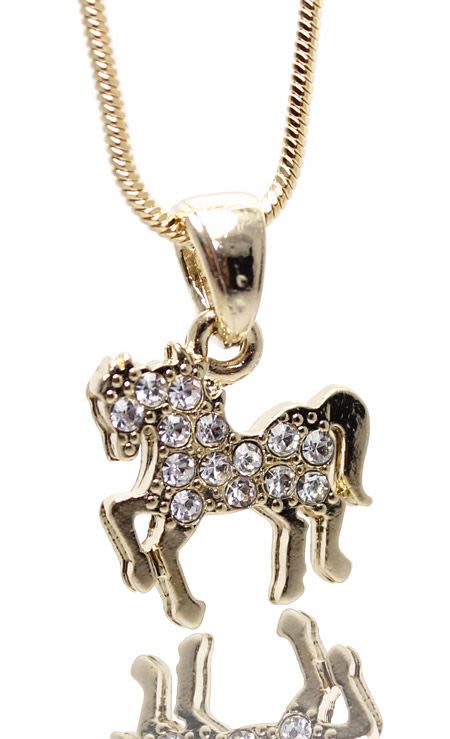
Pinchas: Two Types of Jealousy
There are 2 types of jealousy - one is wanting something which is rightfully not his own and the other wanting back something which is rightfully his...

What bothers us? When we sit at the end of a day's activities and reflect, what truly concerns us, what preoccupies our minds? Each one of us has real, and often difficult, issues to grapple with. What we worry about reflects the maturity and development of our internal world. As we grow older, hopefully our concerns reflect an adult's maturity and priorities.
Emotional health is reflected in our ability to transcend selfishness, to place personal priorities second to the needs of others. This ability is essential for a family and society to function. However there is a type of spiritual selflessness that transcends the first type. It is the capacity to worry about Hashem and His honor.
There are unique individuals whose concern for Hashem's honor overshadows their own personal needs and agendas. They are totally preoccupied when their beloved One is cheapened in the eyes of people and that which is rightfully His is, so to speak, being taken away  from Him. This level of concern, a G-dly type of selflessness, is both uncommon and very precious to Hashem.
from Him. This level of concern, a G-dly type of selflessness, is both uncommon and very precious to Hashem.
Pinchas, in this week's Parsha, is one of those rare individuals whose essence reflected this selflessness. The tribe of Shimon, headed by its leader Zimri, took non-Jewish women as mates. This crime is not punishable by Jewish court only by someone the Torah calls a kanoy (zealot), one whose heart burns with rage at such a disgrace. (We'll try to suggest later why this is.) Only he has the right to take revenge against such transgressors. When witnessing the despicable act of Zimri, his sense of outrage, based on his deep love of Hashem, led him to take up arms and kill the leader of the tribe of Shimon and Kazbi, his Midian-princess mate.
As noble as this act was, large segments of the Jewish people doubted Pinchas' purity of motivation. Since his true intentions were hidden, many Jews cast dispertion on Pinchas and his zealotry. Rashi tells us the people claimed that Pinchas was a decendant of Moshe's father-in-law Yitro who "fattened calves for idol worship". According to the great Chasidic commentator Shem MiShmuel, their questioning of the purity of his lineage was actually a challenge to Pinchas' motives. Only gentiles were accustomed to fatten their offerings for idol worship since this would make the animals look better from the outside. That's a gentile view on the nature of sacrifices-the bigger the better. Historically the Jewish people were not concerned about the size and outer appearance of an offering, only its quality. In essence many Jews claimed Pinchas' motivation was based only on external factors, comparable to a fattened calf, making his zealousness baseless.
The purity of Pinchas' motives was clarified by Hashem Himself. Hashem knew what was in his heart and He testified on the correctness of his motives and actions by declaring "Pinchas son of Elazar son of Aaron the Kohen turned back My anger from the Children of Israel by taking revenge on My behalf". Additionally, as an expression of thanks Hashem promised Pinchus an eternal covenant of peace, "shalom".
In short, Pinchas' G-dly selflessness brought him praise and the gift of peace (more accurately the Hebrew word shalom). However this reward needs explanation. The act of murder doesn't seem to match the gift of a covenant of shalom. Why was Pinchas' reward for an apparently violent act?
Shalom (peace) is not the absence of strife, It is the unifying of seemingly splintered fragments of Hashem's world and bringing harmony between them. The Torah praises Pinchus for having been jealous on Hashem's account. An important insight into this jealousy and the entire episode is provided by an understanding of the related Hebrew terms. The word for jealousy in Hebrew is kinah and relates to the word for ownership, which is kinyan. What is the connection between these two words and what does this connection teach us about Pinchas' jealousy on behalf of Hashem?
There are two types of jealousy. One relates to wanting something which is rightfully not his own and the other wanting back something which is rightfully his. Either I'm jealous because I want what someone has which is not mine or I'm jealous and want back something that's rightfully mine. The first is improper and dangerous and the second is completely justified. When something is in its wrong place and someone deserves the item returned, he is properly jealous (kinah) since he has rightful ownership (kinyan).
This concept is paralleled in Chumash. Hashem's most precious possession is the Jewish people. Beginning with the Ten Commandments Hashem warns us He is a jealous G-d. He is unwilling to forgo His relationship with His people, like a wife rightfully connected to her husband.
When the tribe of Shimon and its leader mated with the Midianite women, the tragedy was that Hashem's special possession was "taken" from him. Hashem was jealous (kinah) for His special possession (kinyan). Pinchas felt the "pain" of the Creator. His personal agendas were put aside and he became completely absorbed in righting the wrong.
Pinchas' noble act was borne out of his deep concern for Hashem's honor. Bringing us back to where we belong was his way of unifying the world and setting things right. For this Pinchas deserved the blessing of shalom as a reward of unifying the world by bringing the Jewish people back to their rightful place, close to Hashem.
Possibly this is why Zimri's act was only punishable by such zealotry. The basis of the transgression was to pull us away from Hashem. Only one who is truly concerned about that relationship is deemed worthy to correct the injustice.
In short the lesson for us is about Pinchas' selflessness. It is marked and praised forever as an ultimate expression of one man's burning concern for shalom between the Jewish people and Hashem.
The concern's of Pinchus are as real today as back then when so many Jews are estranged from Hashem and close to a culture that is leading us away from Him. We need to try to transcend our daily concerns and help every single Jew find his or her way back to Our loving Father who is patiently waiting for His children to return to Him. Bringing this unity will bring ultimate shalom and blessing to the world.












Tell us what you think!
Thank you for your comment!
It will be published after approval by the Editor.